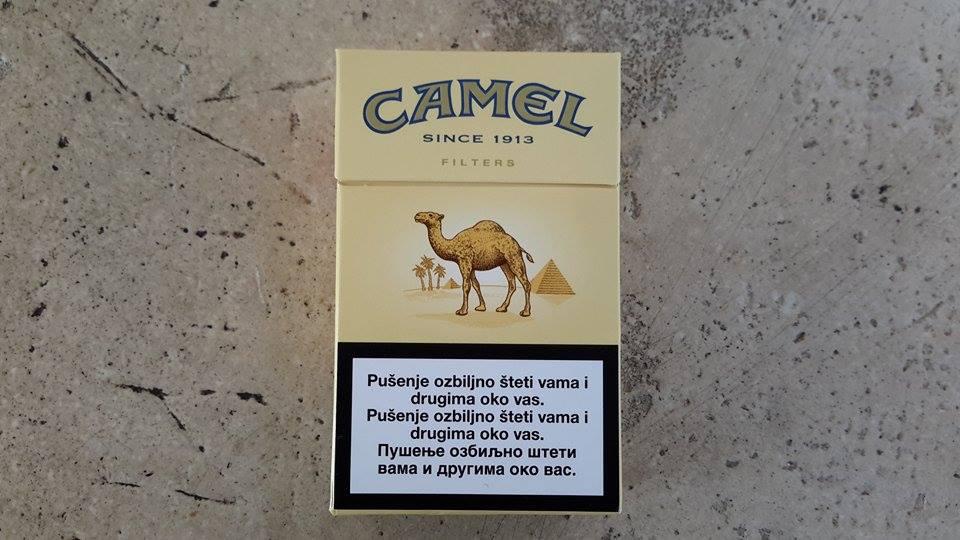Dialect versus language — what’s the big deal?
This week on the podcast we step gingerly into scalding waters to explore: What is the difference between a language and dialect?
Linguists hate to define it.
“As a linguist I will not engage in trying to define language and trying to define dialect and I’m not alone in that,” said linguist Bojan Belić.
He’s certainly not alone. We reached out to linguists and language experts and were met with sigh after sigh.
There are many rubrics that people cite as indicators of a dialect versus a language. Take mutual intelligibility. If two varieties of speech are mutually intelligible, surely they must be dialects of one language. But what happens when they’re not?
Then there’s the old cliché, coined apparently by a Yiddish scholar, “A language is a dialect with an army and a navy.” Is language and dialect purely politics?
This week we visit two regions where these labels might make you scratch your head: Scandinavia and the Balkans.
Show Contents:
00:00 Looking for new, nerdy, wordy podcasts? Take a listen to the new podcast Very Bad Words. Host Matt Fidler digs into taboos and naughty language
00:30 The line that Nina treads with hesitation … distinguishing between language and dialect
01:30 “As a linguist I will not engage in trying to define language and trying to define dialect and I’m not alone in that,” said linguist Bojan Belić
01:45 Linguists don’t feel a sense of physics envy because they can’t classify all speech as either a language or dialect says Lane Greene, language columnist for The Economist
02:17 When does red become orange? When does a dialect become a language?
02:44 Charlotte Gooskens is a linguist at the University of Groningen in the Netherlands. She originally from Denmark. Danish is her mother tongue. And she loves the Swedish/Danish crime TV series called, The Bridge
04:06 Charlotte studies mutual intelligibility. The ability for Danes, and Swedes, and Norwegians to understand one another
04:33 Patrick reminisces about visiting the bridge between Copenhagen and Stockholm and shares the Danish and Swedish words for ‘bridge’
06:00 Norwegians, Swedes and Danes call their languages, neighbor languages
06:36 A brief political history of Norway, Denmark, and Sweden
08:10 There’s a joke that Norwegian is Danish with a Swedish accent
08:36 Mutual intelligibility is an asset to the region
09:11 The ability to speak across languages is called ‘receptive multilingualism’ according to Charlotte
10:22 Danes often understand Swedes better than Swedes understand Danes. Why?
11:20 Charlotte studied the asymmetry of understanding between Swedes and Danes
13:50 Warm and fuzzy feelings for Swedish culture and that beloved character Pippi Longstocking
oembed://https%3A//www.youtube.com/watch%3Fv%3D8ulG3-QJeAA
16:22 It’s story time. Are you sitting comfortably?
18:45 “The original concept of language was a function of literate societies”
19:48 “The standard French, the standard German that we know are really just dialects that won a race”
21:15 Using the power of the state to crush out linguistic diversity
21:50 Many nations have used language to knit a country together. Language has also been used to pull a country apart like in the former Yugoslavia

32:00 In March 2016 many linguists and academics came to together to sign a Declaration of Common Language in Sarajevo
33:00 Ellen Elias Bursać worked on the English Translation Unit of the International Criminal Tribunal for the former Yugoslavia in the Hague for six years . She witnessed sensitivities around language during the trials
34:43 Despite sensitivities about language, there was very little debate in the courtroom about what was being said
35:32 One of the few complaints about interpretation came from Vojislav Šešelj, a Serbian politician who spent 11 years in detention while he was on trial
37:13 So when does red become orange?
37:47 Why not just use another word altogether and get rid of ‘language’ and ‘dialect’?
38:44 Thank you! Hit us up on Twitter @lingopod or leave us a review at Apple Podcasts
